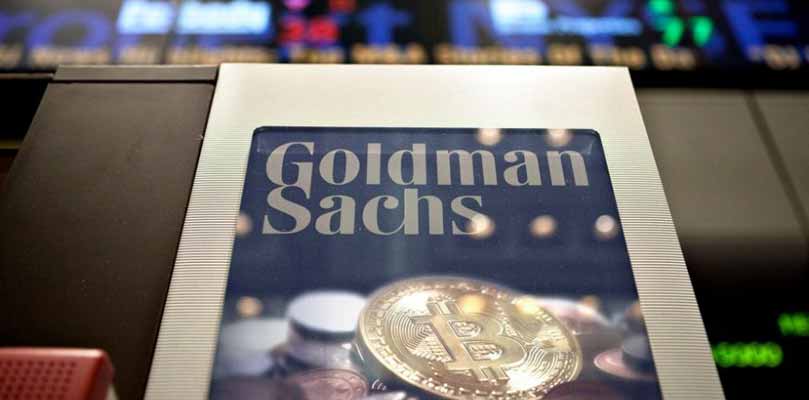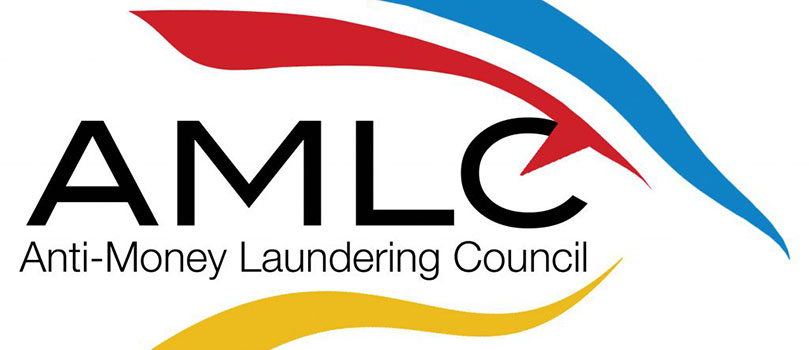Following the recent ban on cryptocurrencies by Reserve Bank of India, it was assumed that the country would take a more partial stance as it reflects further on the issue of cryptocurrencies altogether. Well, as it turns out, the country has set up an inter-governmental committee called the “Inter-Ministerial Committee” (IMC) which has been tasked with drafting regulations and a roadmap for the concept of tokenization in both the public and the private sector.
“The committee is examining if crypto tokens can be used to replace smart cards such as metro cards in the public sector to start with. Similarly, in the private sector, it can be used in loyalty programs such as air miles where its use is limited to buying the next ticket and can’t be converted into money.”
Yes, that’s right. The India government may soon allow its citizens to pay for airline tickets and metro cards with crypto tokens regardless of the fact that the ban on decentralized digital currencies in the country is still ongoing.
Slight Delay
The government had previously planned to submit the proposal for the crypto regulations last month but according to a senior official close to the matter, the regulatory framework had experienced some minor setbacks and are therefore likely to be pushed forward to the end of the year. The official further revealed that the reason for the delay was because the “finance ministry panel is still evaluating how to treat blockchain and cryptocurrencies separately.”
“Blockchain is an interesting thing. We definitely want to milk it effectively for financial transactions. So all officials are really trying hard to understand how to separately use blockchain, without cryptocurrency… And understanding a new software takes time,” the official clarified.
Government Issued Crypto Tokens
News about this new development was made public on August 10 through a DNA India report that stated that the Indian government has been “considering launching crypto tokens for financial transactions in the country, even as the existing ban on cryptocurrencies is likely to continue.”
Even though the aforementioned tokens will be based on blockchain technology, they will not form a currency of their own – instead, they will be a mere representation of real money and not its replacement. Heading the committee is DEA Secretary Subhash Chandra Garg who has categorically denied that the government has allowed the use of cryptocurrency in a manner including payment systems – crypto is very poular in India and this was bound to come up.
“The committee is studying the possibility of using cryptocurrencies or the crypto technology (distributed ledger technology) for financial transactions and also what kind of regulations are needed for that. [While] the currency is totally banned, the committee is discussing its other usage and how it can be mainstreamed in India,” he said.









